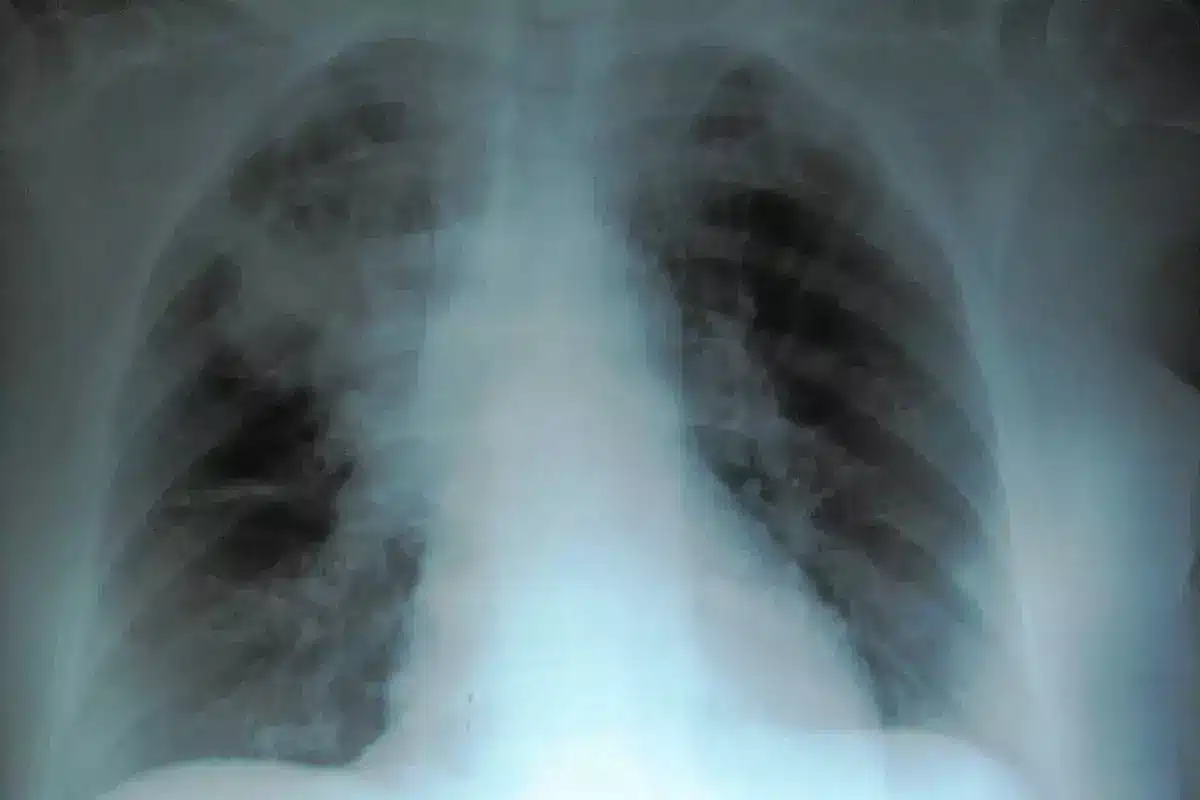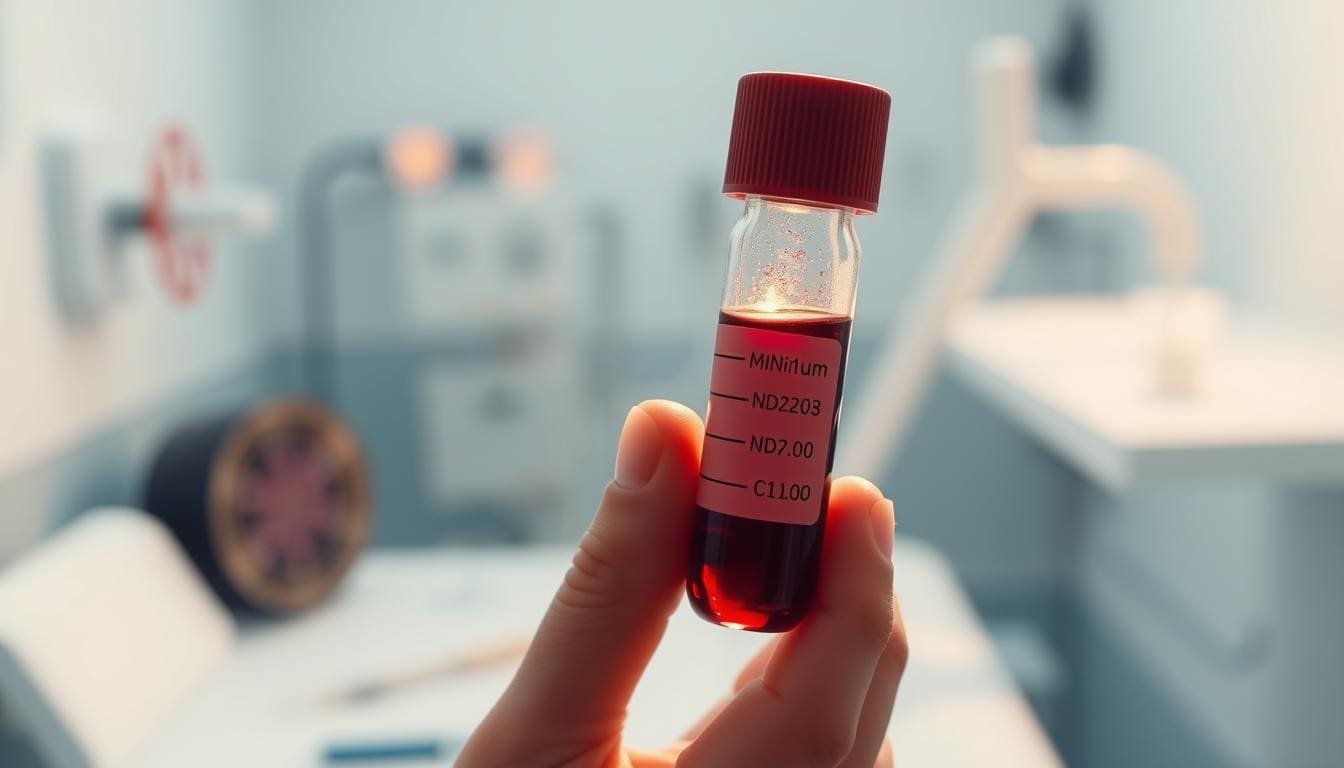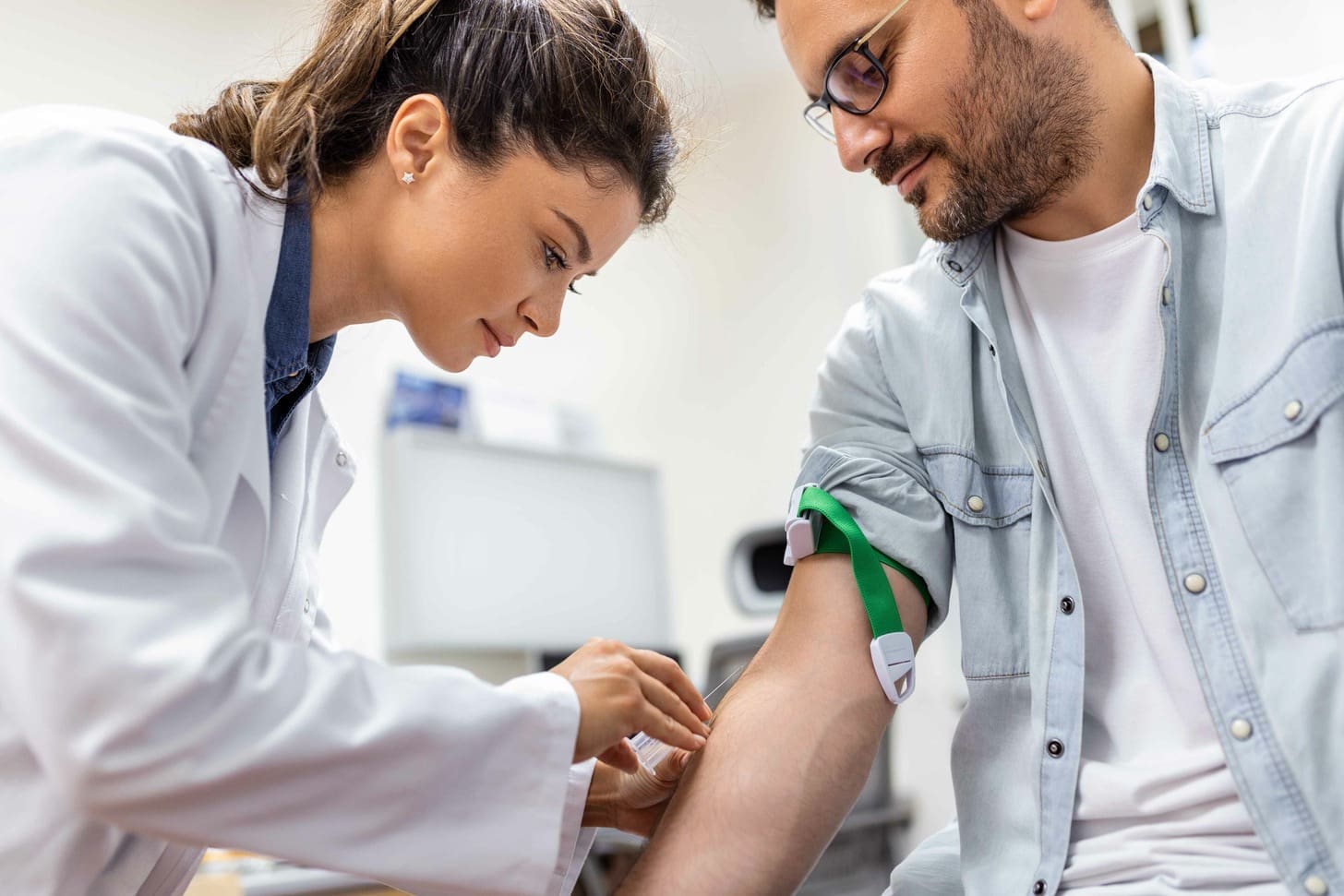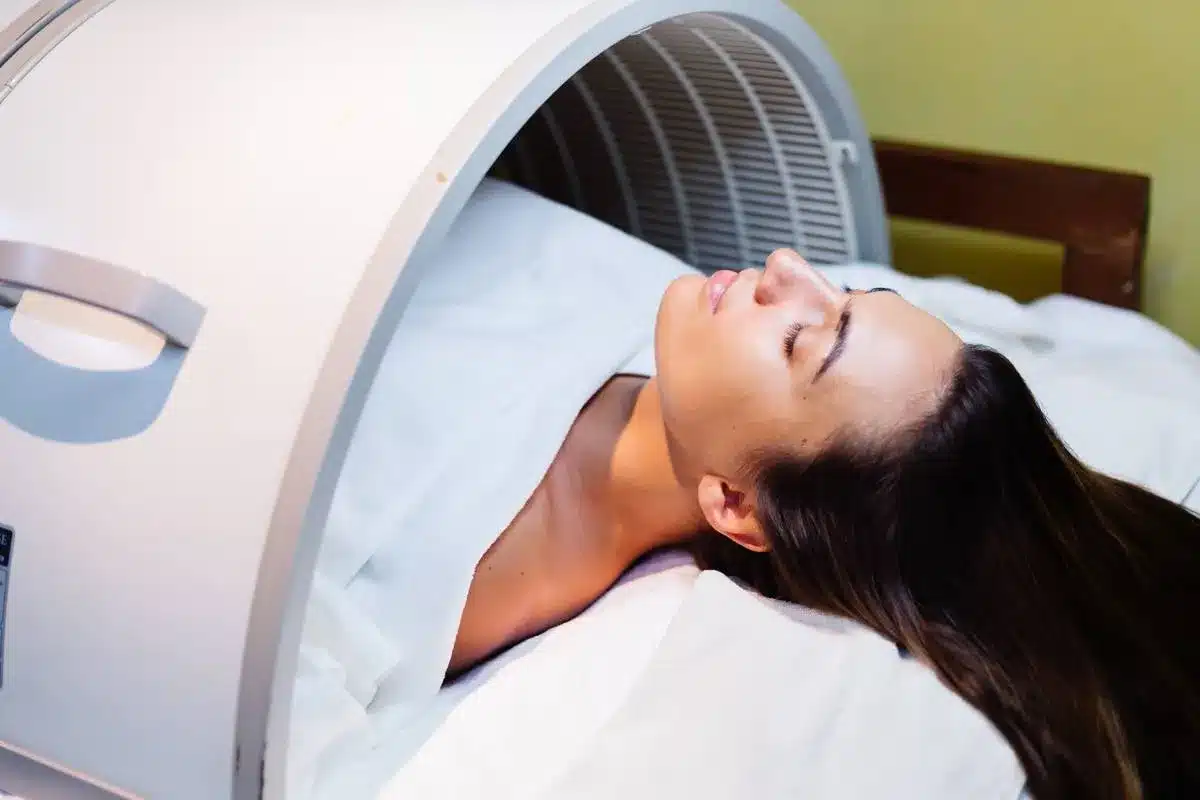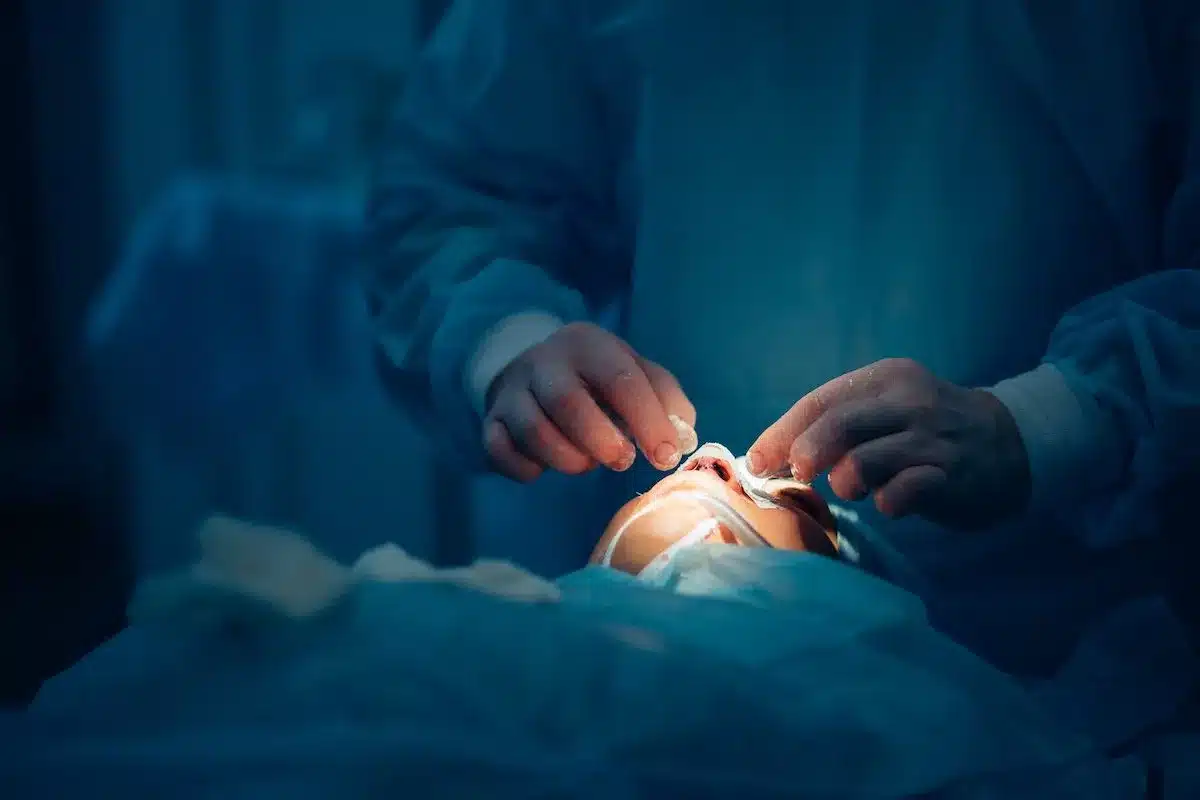Recent studies have raised important questions about the relationship between alcohol consumption and PSA test results. Research suggests that drinking alcohol before a PSA test may influence the readings. This could potentially mask early signs of prostate cancer.
A UK population-based study found a significant correlation between alcohol intake and PSA levels. For every 10-unit increase in alcohol consumption per week, there was a 2% reduction in mean PSA levels. This finding raises an important question — does alcohol affect PSA test levels — since this decrease could impact the accuracy of prostate cancer diagnosis.
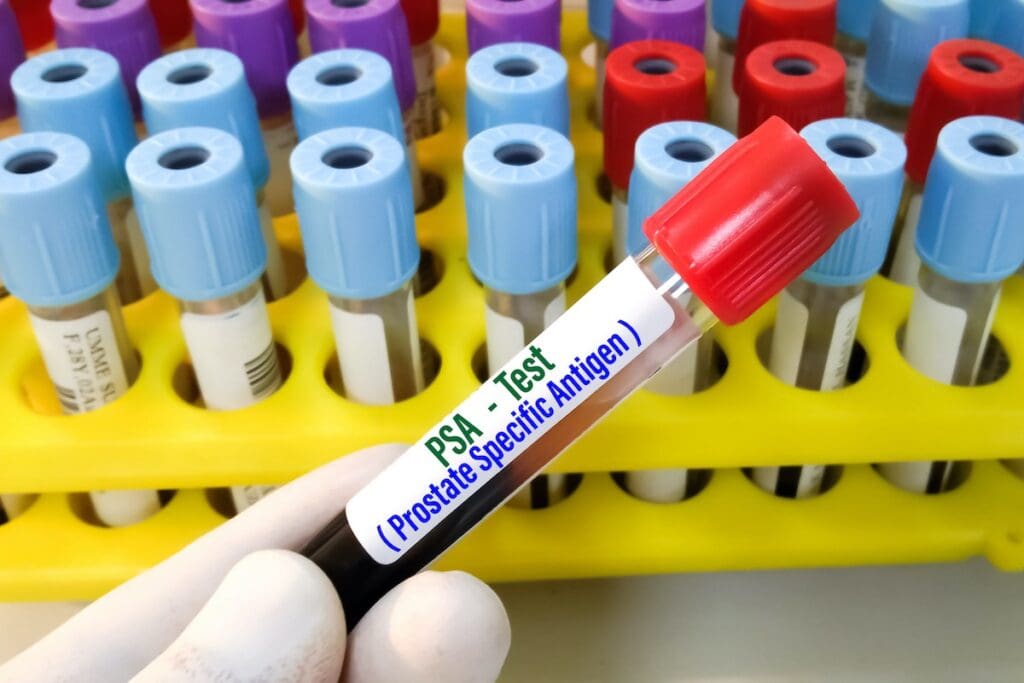
As a leading provider of world-class healthcare, we are committed to delivering accurate information to our international patients. Understanding the factors that affect PSA readings is key for early detection and treatment of prostate cancer.
Key Takeaways
- Alcohol consumption may lower PSA levels, potentially masking early signs of prostate cancer.
- A 10-unit increase in weekly alcohol intake is linked to a 2% reduction in mean PSA levels.
- The impact of alcohol on PSA readings could affect the accuracy of prostate cancer diagnosis.
- Understanding the relationship between alcohol and PSA levels is key for early detection.
- Patients should be aware of how lifestyle factors, like alcohol consumption, can influence test results.
What You Need to Know About PSA Testing
The Prostate-Specific Antigen (PSA) test is a key tool for finding prostate cancer early. It’s important to know why it’s used, what normal levels are, and what can affect the results.
What is a PSA Test and Why It’s Important
A PSA test checks the Prostate-Specific Antigen in a man’s blood. This protein comes from the prostate gland. High levels might mean cancer, but they can also show other issues.
This test is vital for catching prostate cancer early. It lets doctors treat it when it’s easier to manage.
Normal PSA Levels and What They Indicate
Normal PSA levels are usually under 3.0 ng/ml. But, this can change based on the lab. Levels from 4 to 10 ng/ml are borderline, and above 10 ng/ml are high. Yet, many things can raise PSA levels, not just cancer.
For example, PSA levels go up with age. Some medical issues or procedures can also change the results. So, knowing what’s normal is just the start. You need to understand your health fully to make sense of your PSA test.
Factors That Can Influence PSA Readings
Many things can change PSA readings. It’s key to know these when looking at your test results. Some of these include:
- Age: PSA levels naturally increase with age.
- Prostate size: Larger prostates can produce more PSA.
- Prostatitis or prostate inflammation: Conditions like prostatitis can elevate PSA levels.
- Ejaculation: Recent ejaculation can temporarily increase PSA levels.
- Certain medical procedures: Procedures like biopsies or surgeries on the prostate can affect PSA readings.
Knowing these factors helps you understand your PSA test results better. Also, lifestyle factors like diet and alcohol can affect PSA levels. We’ll look into these more later.
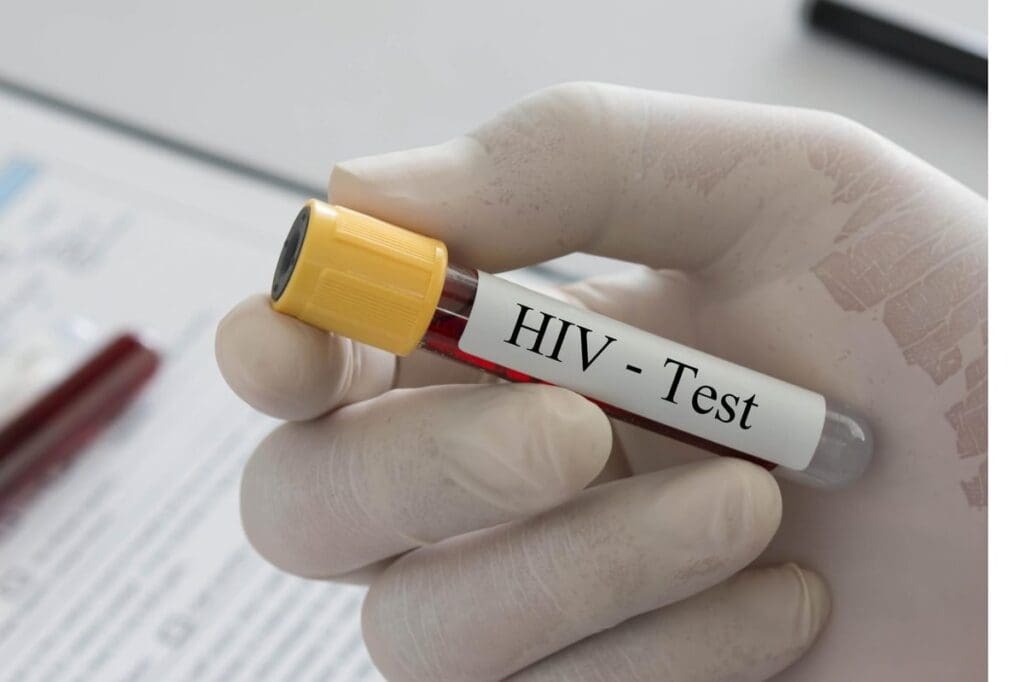
Does Alcohol Affect PSA Test Levels? The Scientific Evidence
Studies show that drinking alcohol can change Prostate-Specific Antigen (PSA) test levels. But what does this mean for our prostate health? We’ll look into how alcohol affects PSA, the short and long-term effects, and how different drinks impact PSA levels.
Biological Mechanisms Behind Alcohol’s Effect on PSA
Alcohol can change PSA levels in several ways. One key factor is the impact of alcohol on liver function. The liver helps clear PSA from the blood. Alcohol can change how well the liver works, affecting PSA levels.
Liver function tests show that drinking can change enzyme levels. This can affect how PSA is processed. Also, alcohol can change hormone levels, like testosterone, which can indirectly affect PSA.
Short-term vs. Long-term Alcohol Consumption Effects
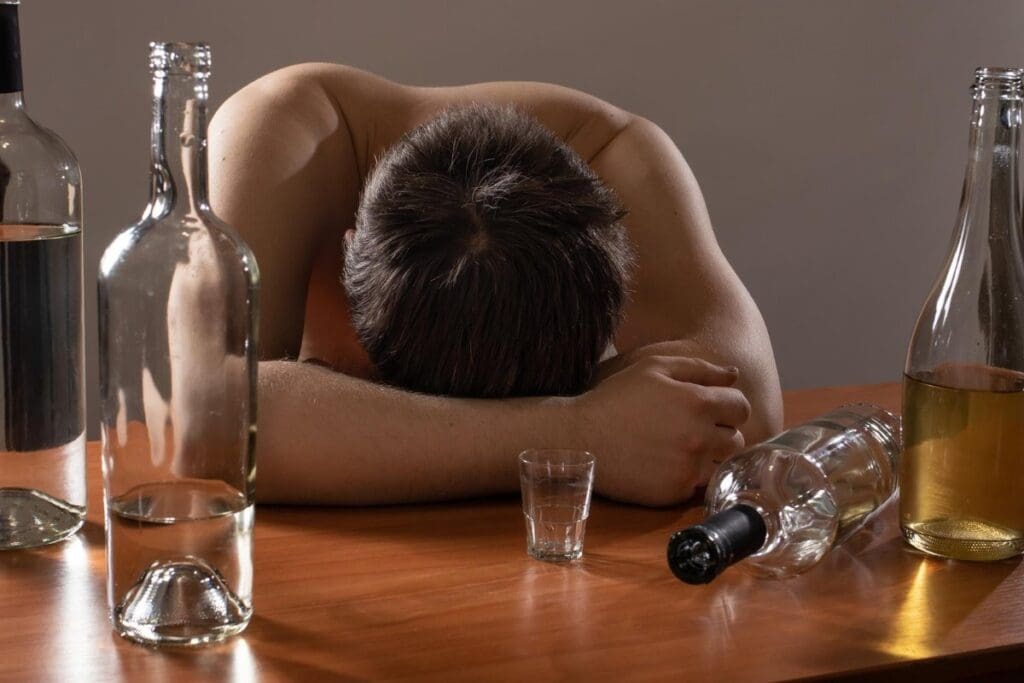
Alcohol’s effect on PSA levels can differ based on how long you drink. Short-term drinking may cause temporary PSA level changes. Long-term drinking could lead to more lasting changes.
- Short-term effects: Temporary changes in PSA levels due to acute alcohol consumption.
- Long-term effects: Possible lasting changes in PSA processing and hormone regulation.
Different Alcoholic Beverages and Their Varying Impacts
Not all drinks have the same effect on PSA levels. The type and amount of alcohol consumed can influence the degree of impact. For example:
- Beer has shown different effects on PSA levels in studies.
- Red wine, with its antioxidants, may have a unique impact compared to other drinks.
- Spirits, with their high alcohol content, may have a stronger effect on PSA levels.
Knowing these differences is key to understanding PSA test results for those who drink alcohol.
5 Key Research Findings on Alcohol and PSA Readings
Recent studies have shown how alcohol affects PSA readings. This is important for men getting prostate tests. The studies reveal a complex link between alcohol and PSA levels.
1. UK Study: 2% PSA Reduction per 10 Units Weekly
A UK study found a link between alcohol and PSA levels. For every 10 units of alcohol a week, PSA levels drop by about 2%. This means moderate drinking might lower PSA readings. This could change how we screen for prostate cancer.
2. New Zealand Research on Beer Consumption and PSA
Research in New Zealand looked at beer’s effect on PSA levels. It found that beer drinkers might see different PSA results than those drinking other alcohols. This shows alcohol’s complex role in prostate health.
3. Heavy Drinking May Mask Early Cancer Signs
Heavy drinking can hide early cancer signs by lowering PSA levels.
“Heavy alcohol consumption may lead to a false sense of security by suppressing PSA levels, potentially delaying diagnosis.”
This shows why we must think about alcohol when looking at PSA test results.
4. Contradictory Findings: When Alcohol Raises PSA
Some studies found that alcohol can raise PSA levels. This shows the link between alcohol and PSA is not simple. It depends on many factors, like the type and amount of alcohol.
As we learn more about alcohol and PSA, we see the need for a detailed approach. Healthcare providers can give better advice on how alcohol affects prostate health. This is based on the latest research.
4 Ways Alcohol Consumption Can Complicate Prostate Cancer Detection
Drinking alcohol can make it harder to find prostate cancer early. It’s important for people to know how it affects their test results. We’ll look at how alcohol can mess with the accuracy of prostate-specific antigen (PSA) tests and what it means for diagnosis.
Suppressed PSA Levels Hiding Early-Stage Cancer
Alcohol can lower PSA levels, hiding early cancer. Heavy drinking may mask early signs of prostate cancer. This can make patients and doctors think everything is okay when it’s not.
This can lead to cancer being found too late. It’s a big problem because it means cancer might not be caught when it’s easiest to treat.
Delayed Diagnosis Due to Artificially Lowered PSA
Alcohol can make PSA levels seem lower than they are. This can cause a delay in finding cancer. People with high PSA levels usually need more tests, like biopsies.
If alcohol lowers PSA, these tests might not happen. This means cancer could be missed, leading to a late diagnosis.
Increased Risk of High-Grade Disease Despite Lower PSA
Even though alcohol lowers PSA, it can increase the risk of aggressive cancer. This is confusing because it seems like lower PSA levels would be good. But, it’s not always the case.
This shows we need to look at more than just PSA levels. It’s about understanding the whole picture of cancer risk.
Impact on Free vs. Total PSA Ratio
Alcohol also changes the free to total PSA ratio. This ratio helps figure out cancer risk. But, alcohol can mess with this ratio, making it hard to read test results.
Talking to your doctor about how much you drink is key. It helps make sure your test results are accurate.
By knowing these things, patients and doctors can work better together. They can make sure prostate cancer is found and treated right, even if someone drinks alcohol.
3 Essential Recommendations Before Taking a PSA Test
Before you take a PSA test, it’s important to follow some guidelines. This helps get accurate results. We suggest taking steps to prepare for your test.
When to Stop Drinking Before Your PSA Test
Alcohol can affect your PSA test results. It’s best to stop drinking alcohol at least 48 hours before your test. This helps avoid any impact on your PSA levels.
“Alcohol can lower PSA levels, hiding early cancer signs,” says a top urologist. “Avoiding alcohol before your test is key for accurate results.”
Other Activities to Avoid Before Testing
Other activities can also affect your test results. We recommend avoiding:
- Ejaculation for at least 48 hours before the test, as it can temporarily lower PSA levels.
- Prostate exams or manipulations (like biopsies) for several weeks before the test, as these can cause inflammation and elevate PSA readings.
- Ride bicycles or engage in activities that put pressure on the prostate for a few days before the test.
By avoiding these activities, you can help ensure accurate PSA test results.
Discussing Your Complete Health Picture with Your Provider
Your overall health and medical history are also important. We encourage you to discuss your complete health picture with your healthcare provider. This includes any medications, family history of prostate cancer, and symptoms you’re experiencing.
Working with your healthcare provider and following these recommendations ensures accurate PSA test results. This gives a clear picture of your prostate health.
Conclusion: Balancing Alcohol Habits and Prostate Health Monitoring
The link between drinking alcohol and PSA levels is not simple. Drinking in moderation might affect PSA levels differently than heavy drinking. We’ve looked at the science and studies that show how alcohol can impact prostate health.
It’s key to know how drinking can change PSA readings. Drinking too much can lead to prostate issues. Being aware of this helps people make better health choices. By managing alcohol use, you can make sure your PSA tests are accurate.
Talking to your doctor about your health, including your drinking habits, is important. This ensures your PSA tests are reliable. Taking this step helps you stay healthy and well.
FAQ
Does alcohol consumption affect PSA test results?
Yes, studies show that drinking alcohol can change PSA test levels. It might lower them, which could hide early cancer signs.
Can I drink alcohol before a PSA blood test?
It’s best to avoid or limit drinking before a PSA test. This helps ensure the test results are accurate. Talk to your doctor about your drinking habits.
Does the type of alcoholic beverage impact PSA levels?
Yes, different drinks can affect PSA levels differently. For example, drinking beer might change your PSA readings.
How long should I stop drinking before a PSA test?
There’s no set time to stop drinking before a PSA test. But, talking to your doctor about your drinking can help figure out the best plan.
Can heavy drinking cause prostate problems?
Yes, drinking too much can increase the risk of prostate issues, including serious cancer. It’s wise to drink less or not at all.
Is whisky good for the prostate?
There’s no solid proof that whisky or any alcohol is good for the prostate. In fact, too much drinking can harm your health.
Does alcohol raise PSA levels?
Some studies say drinking might lower PSA levels. But, others found it could raise them in some cases.
What are the best practices for preparing for a PSA test?
To get accurate test results, share your health and drinking habits with your doctor. Follow their advice on getting ready for the test.
Can alcohol cause prostate cancer?
The link between drinking and prostate cancer is not clear. But, too much drinking can lead to health problems.
How can I balance my alcohol habits with prostate health monitoring?
Knowing how drinking affects PSA tests and talking to your doctor can help you stay healthy. It’s about making smart choices for your well-being.
References
- Alcohol consumption and PSA-detected prostate cancer risk: A case-control nested in the ProtecT study. International Journal of Cancer, 132(9), 2176–2185. https://doi.org/10.1002/ijc.27877


